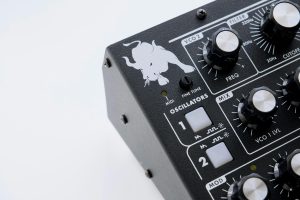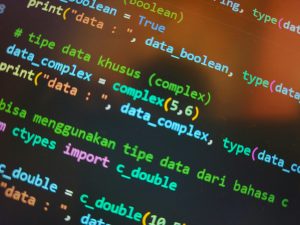I used an AI for 7 months to search for a Theory of Everything. I failed. And it’s the best thing that could have happened.
Reflections on a Seven-Month AI-Driven Search for a Theory of Everything: Lessons in Inquiry and Humility
Over the past seven months, I embarked on an unconventional journey: collaborating with artificial intelligence in the quest for a unified theory of physics. The experience, culminating in an unexpected outcome—a complete failure—turned out to be the most enlightening aspect of the process.
Rethinking the Role of AI in Scientific Exploration
Often, discussions around AI suggest it as a tool for generating equations or confirming hypotheses effortlessly. However, my experience has revealed that its true strength lies elsewhere. When wielded thoughtfully, AI becomes a mirror—not a mirror for validation, but one that reflects our reasoning patterns honestly, however uncomfortable.
The Pitfalls of Seek-and-Confirm Mentality
In dedicated forums and communities, I noticed a common tendency: people treat AI as an oracle to validate pre-existing beliefs or pet theories. This approach can be perilous because AI models, especially language-based ones, are highly susceptible to confirmation bias if prompted carelessly. For example, asking, “Show me how my theory is consistent,” invites the AI to support your assumptions. Conversely, requesting, “Find every possible logical flaw in my theory,” prompts rigorous critique.
The key takeaway? The framing of your questions shapes the quality of the insights you receive. If your goal is true understanding, embrace prompts that challenge your ideas rather than merely affirm them.
A Process of Adversarial Inquiry
My journey began with an inspiring hypothesis: a dynamic “ether” filling space, a concept I found compelling for months. Working daily with AI, initial results seemed almost magical—like breakthroughs. Naturally, it was tempting to fall into validation mode, thinking I was onto something profound.
Instead, I chose to provoke conflict. I pushed the AI to test my ideas rigorously, demanding transparency and pointing out inconsistencies. This adversarial approach forced me to critically re-evaluate my assumptions and question their foundation.
Unexpected Growth and Insights
This challenging interplay led me to acquire skills I never imagined—learning to code in Python, applying data analysis, and developing a more disciplined approach to knowledge. More importantly, it transformed my attitude toward discovery: embracing the possibility of failure, being willing to discard what I once held as sacred, and understanding that setbacks are essential steps toward genuine insight.
The “ether” hypothesis I cherished was ultimately dismantled—not through opinions, but by empirical data. The model failed spectacularly. Yet














Post Comment